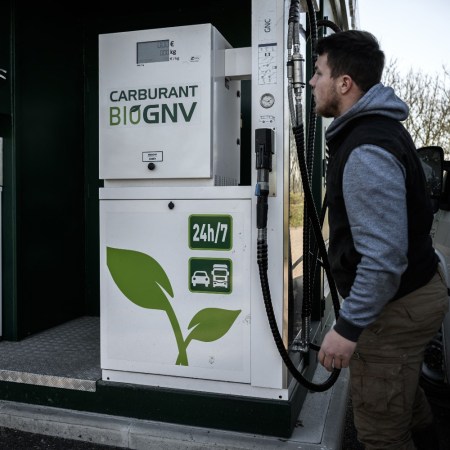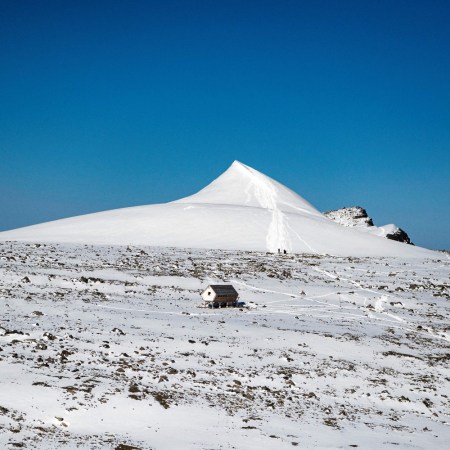Climate change is, arguably, the most important issue of our time. And as with most high-profile issues, it’s led to plenty of heated debates — from political candidates running for office to people getting into intense discussions on Twitter. But a new article by Oliver Milman at The Guardian suggests that some of the arguments we’re seeing on social media about climate change might not involve two people having it out over something about which they both feel passionate.
Why not? One word: bots.
Milman cites a new Brown University study which suggests that bots are “distorting the online discourse to include far more climate science denialism than it would otherwise.” What does that mean in practice?
An analysis of millions of tweets from around the period when Donald Trump announced the US would withdraw from the Paris climate agreement found that bots tended to applaud the president for his actions and spread misinformation about the science.
During the period that the researchers studied, 25% of all tweets pertaining to climate change were made by bots. This increased with certain other phrases — for example, 38% of all tweets involving the phrase “fake science” came from bots.
While some bots supported the opposite ideological position, they weren’t nearly as numerous: only around 5%, according to the study.
Some of the bots (or likely bots) detected in the study have sizable online followings. Milman’s article cites one with around 52,000 followers, and another with 16,000. And while the study focuses on a fairly concise period of time, it does make you wonder about the extent to which bots have adversely affected our discourse on this issue.
Subscribe here for our free daily newsletter.
Thanks for reading InsideHook. Sign up for our daily newsletter and be in the know.


















